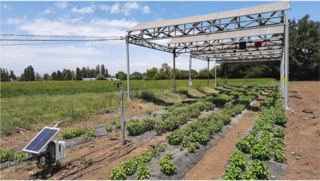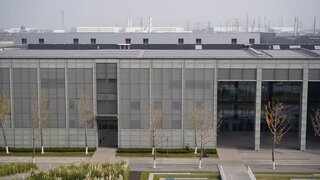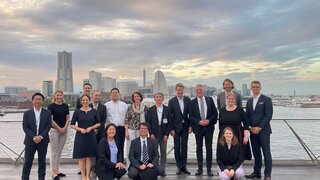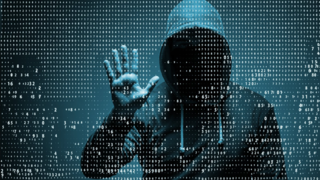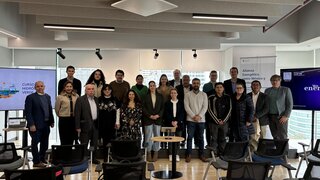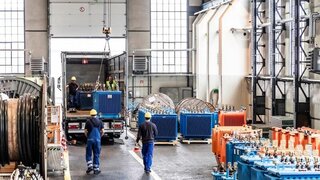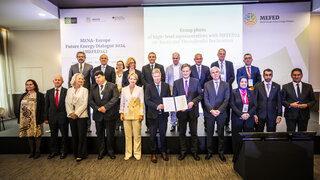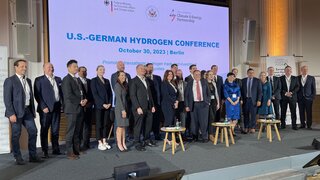Strengthening Acceptance of the Energy Transition in the Broader Korean Public
The Korean-German energy partnership combats misconceptions about renewable energy in Korea by correcting misinformation, showcasing Korea's renewable potential, and increasing profound knowledge and acceptance through workshops, lectures, and media. These efforts reached varied audiences, promoting a comprehensive energy transition.
Background
In both the Korean public and among experts, there are still many prejudices against renewable energies and a low awareness of the need for a comprehensive energy transition. Additionally, misinformation and incorrect assumptions about the energy transition in Germany are widespread. Measures to increase public awareness and acceptance of the energy transition in Korea are therefore an important goal of the Korean-German energy partnership.
Challenge and Goal
Preexisting misconceptions effectively hinder the progress of the energy transition in Korea. One of the main challenges with regard to more ambitious renewable energy targets remains the lack of acceptance of a renewable energy expansion. This reaches from disputes with farmers over land for agri photovoltaic to conflicts with fisheries and coastal towns in Korea over the development of offshore wind projects. The goal of the Korean-German Energy Partnership is to make use of its broad network in the energy sector from government to industry to civil society to counteract these misconceptions.
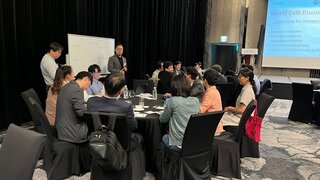
Action taken
Already in 2020, the energy partnership supported the compilation of counterarguments and the correction of content from the book published in Korea, "Korea Blackout. Warnings from Germany - Exiting Nuclear Power is a Disaster."
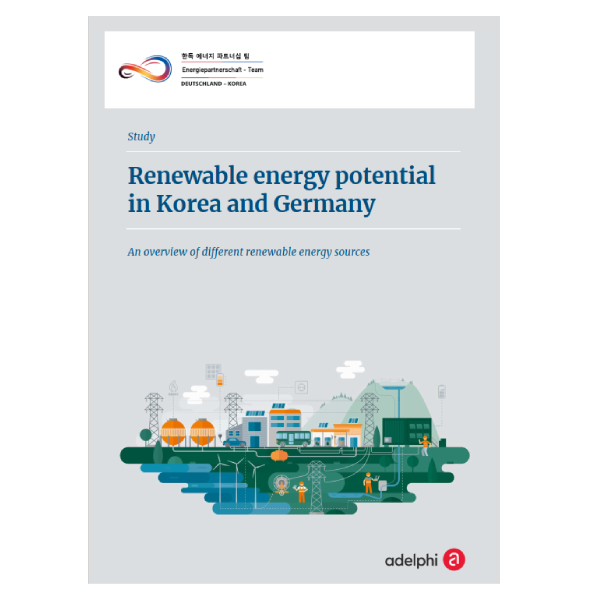
Based on this, a compact flyer was developed and published in both Korean and English, correcting the main misconceptions about the German energy transition. In 2023, a study conducted within the framework of the energy partnership compared the potential for various renewable energy sources in Korea and Germany, showing that Korea, contrary to existing prejudices, has great potential for generating renewable energy within its own country. Other relevant measures included a specialist workshop to increase acceptance of wind energy in Seoul, an online lecture series on energy policy topics, and a research trip to Germany on the energy transition for Korean television journalists. The footage was subsequently broadcast in 20 different Korean television programs by seven different broadcasters. During a a five-day session in December 2024 in Seoul, Korea around 30 experts from various backgrounds (public administration, industry, civil society, …) will be trained in stakeholder participation and building democratic consensus for renewable energy projects. With an extensive accompanying study the results of the training will be evaluated scientifically.
Impact
Thanks to these diverse measures, targeted at different societal groups, a wide audience was reached: politicians and civil servants, representatives from companies and research institutions, students and the wider public thanks to the 20 different television broadcasts in the aftermath of the research trip to Germany in 2023. With the planned training on democratic stakeholder participation in renewable energy projects, experts with various backgrounds will also be trained. They will be able to apply the methodology in future projects, thereby improving participation and acceptance processes.
